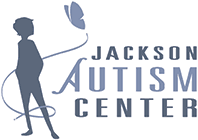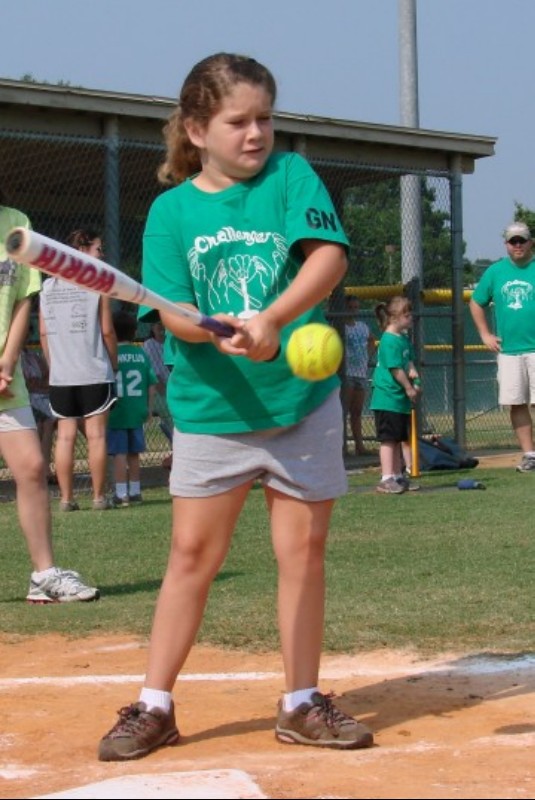I am very excited to share a new opportunity that is in the works for 2013! It is geared towards children who are 3-6 years old and are being homeschooled, are not yet in a preschool program, or thrive with small group intervention for learning. Other children may be considered if deemed appropriate. This program, “Stay and Play,” is two days a week for two hours and consists of typical school activities such as circle time, one-on-one work, small group work, social play skills, and snack. It is developed for a small group learning environment, with a maximum of 2-3 children per group. Children participating will be learning new academic, social/personal, and fine motor skills through thematic units. “Stay and Play” meets the sensory needs of children with special needs as well as academic and social/personal needs. This program is offered on a first-come, first-serve basis so please inquire if you are interested. Children participating will be required to complete an academic evaluation through Jackson Autism Center.
More information is available here: Jackson Autism Center Stay and Play March to May 2013.

